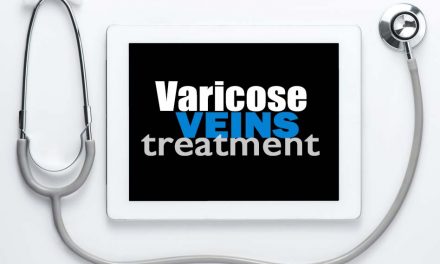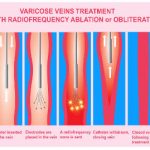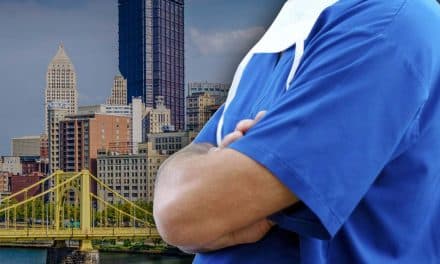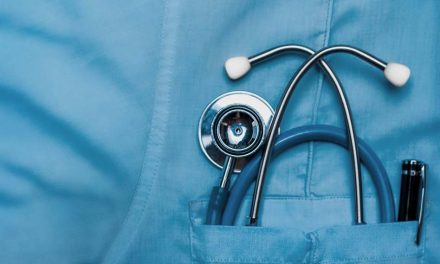
Why Are Varicose Veins in Men Bigger & Does Size Matter?
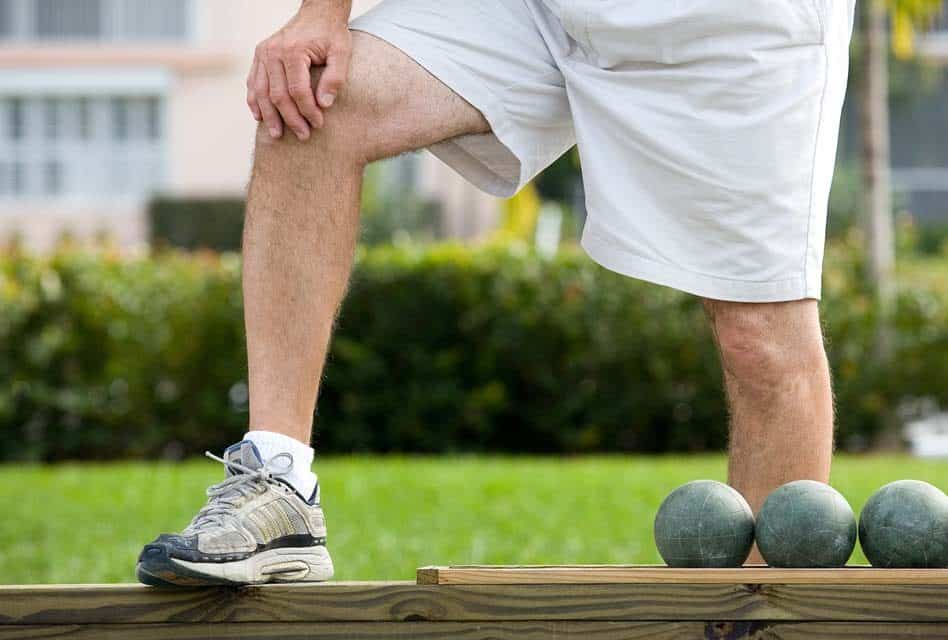
There is No Venous Envy between the Sexes
Although varicose veins seem to occur more often in women, men also often present for treatment. The actual incidence of varicose veins in the population is actually quite similar.
I won’t even go into discussing the percentages of occurrence of varicose veins in men vs. women. The numbers range so widely. The reported percentages are simply inaccurate.
Varicose veins in men are not uncommon!
Men really can get varicose veins too!
Then why do we believe and read that varicose veins occur more often in women than in men?
When a man comes for a vein consultation, the varicose veins are usually much larger and more extensive than women’s veins. Men seek medical attention much less frequently as compared to women.
Why?
Here are the three reasons:
- Even though they are much larger in men, they may not cause any symptoms at all. Men don’t seek treatment at the same rate as women do.
- The cosmetic issue is less important for men. Their legs are often hairy and are more difficult to notice. Many men simply don’t care what their legs look like.
- Hormones cause veins to dilate. Men don’t have the same hormones that cause this venous dilatation in women. It is the dilatation caused by hormonal changes that cause women’s veins to ache around the time of their period. Women’s veins also dilate and hurt more when they are pregnant for the same reason.
Varicose Veins in Men : Does Appearance Matter?
Some men are described as “leg men” because they prefer the appearance of women’s legs. Some women like to wear short-shorts, mini-dresses, and skirts that show off their legs.
Nobody ever said that a man had:
- A “well-turned ankle”
- great gams, (1940’s)
- nice pins
- beautiful stems
- toned legs
- shapely legs
- long legs
- graceful legs
No one ever teased a man that he has:
- cankles
- cellulite
- stubble
- stretch marks
- to wear capris to hide his legs
- legs that don’t look good in shorts
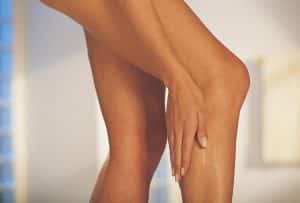
Women wear dresses, high heels, and their legs are noticed as being “sexy” as compared to men.
There is that sexual connotation to the appearance of a lady’s legs. Many men with varicose veins don’t even know that their enlarged varicose veins exist at all.
If Men Could Only See Their Future Varicose Vein Problems, They Could Be More Proactive
In time if varicose veins are neglected, they will inevitably enlarge. Symptoms eventually occur in the form ache, heaviness or swelling.
Cramping or “Charley Horses” are not uncommon. Some people develop restless legs from their varicose veins as they enlarge.
More advanced complications of neglected varicose veins include phlebitis (painful blood clots in these veins), bleeding and skin ulceration. Skin ulcers from varicose veins are extremely difficult to treat and often recur. They are painful and require daily intensive wound care.
Often the clots that occur in these veins cause severe pain because of the large volume of clot, which acts as an irritant. The resulting inflammatory condition can last weeks or months.
At that point there is little that any physician can do besides offering anti inflammatory medication like Ibuprofen, Aleve or Advil, support stockings (if the patient can even stand their pressure) and tincture of time.
This is called supportive care.
That simply means there’s not much doctors can do. Blood thinners are not recommended for these superficial blood clots because the danger of bleeding outweighs the risk. You simply have to wait for months for your body to absorb that painful clot itself.
That suffering could have been easily prevented by a more timely treatment of the varicose veins. It is inevitable that these veins will enlarge.
Waiting leads to a more complicated, painful and risky procedure. It makes no sense to allow the inevitable to occur.
Should Men Wear Support Stockings Before Getting Their Varicose Veins Fixed?
The only alternative to treatment is to wear compression support stocking every day of your life no matter what the temperature. It is extremely difficult for the average senior citizen to struggle with support stockings for more than a couple of weeks in my experience. I have treated varicose veins for over thirty years.
Rigorous varicose vein consensus studies done in the United States and Great Britain confirm that it makes no sense at all to do a conservative trial of medical management with compression support stockings before considering definitive treatment.
I am convinced that one of the reasons that insurance companies go against best medical advice is for financial reasons. People may wait until their deductible has been met before seeking treatment.
Other financial issues may interfere with patient’s plans for treatment. For instance, you may change insurance, move, or cannot afford the increasing financial portion of the cost of the minimally invasive procedures that are required to get rid of your veins.
Conclusion
Varicose veins aren’t just a problem for blue haired old grannies. They occur almost as frequently in women as in men.
Some men are simply unaware that simpler and very effective minimally invasive treatment options exist. Some guys are misinformed.
Males with varicose veins are told that their large varicose veins are not a big deal. Some men are told that their varicose veins should be observed until complications occur.
Therefore, men often ignore their varicose veins until complications occur. At that point, it becomes a real mess. Clots, complications and increased risks in treating them at this stage are preventable.
Modern treatments are much simpler. Treatments for varicose veins are the same for males and females. They include saphenous vein ablations with laser or radiofrequency, phlebectomy, and sclerotherapy.
You vascular surgeon vein specialist can discuss the treatment options that would work best for you.
Call us at 724-987-3220 or contact us here to learn more.


